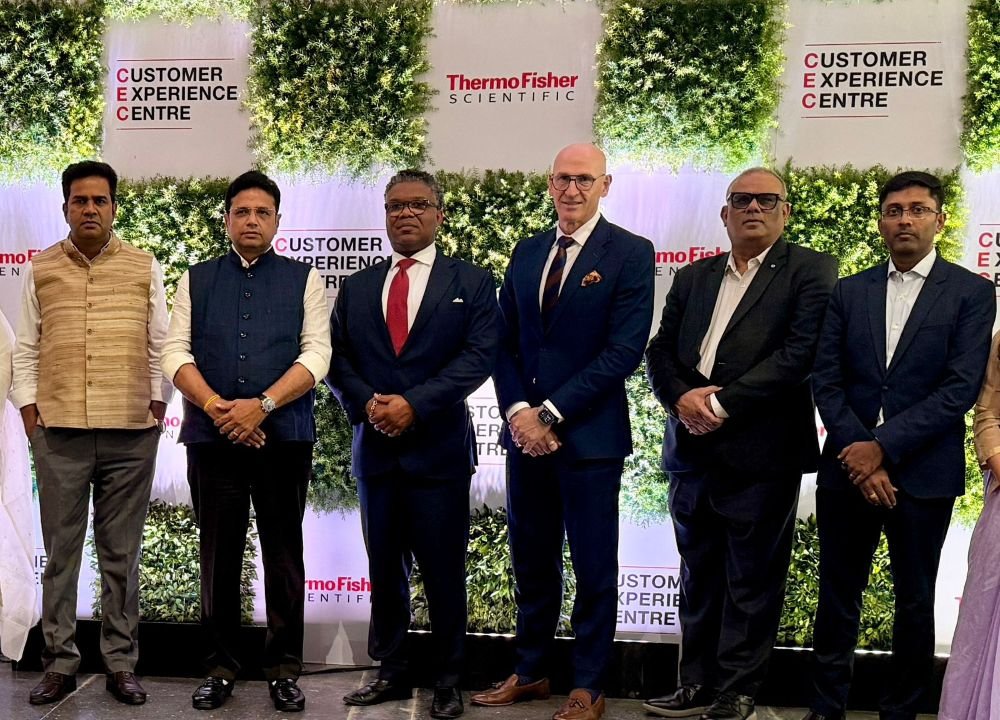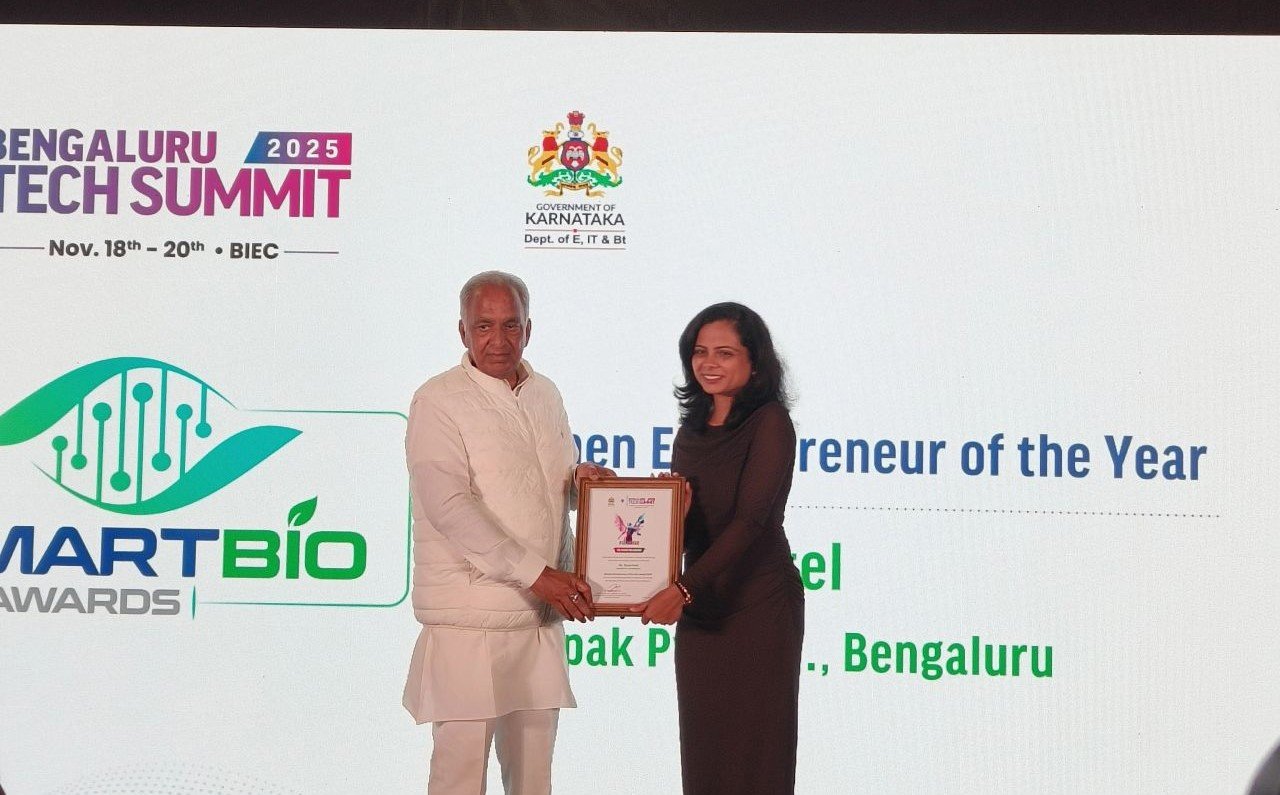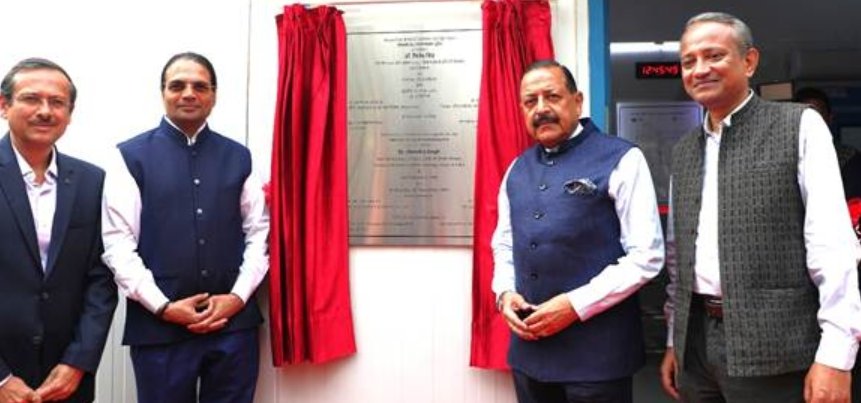“Clinical research is going to play a major role in bringing AYUSH therapies to the forefront”
May 03, 2021 | Monday | Interviews
COVID-19 has had a huge impact on the way clinical trials are managed and conducted across the globe due to the urgent medical needs arising from the pandemic. While 2020 changed a lot in the clinical research market, much more lies in store in 2021. BioSpectrum reaches out to Akshay Daftary, Director, SIRO Clinpharm, Mumbai to find out his perspective on the changing scenario
How has the clinical research sector evolved due to the ongoing pandemic?
The clinical research sector in India continues to grow Year-on-Year (YoY) with large, global companies returning to the country due to its favourable regulations and quick approval timelines. There was a downturn in clinical research in 2013 due to stringent regulations. We have seen a YoY increase in the number of clinical trials uploaded onto CTRI since 2018 after favourable regulatory changes were made. An increased number of clinical trials are being conducted in India that has made the environment even more favourable for more companies to nurture in. At the time of COVID-19, the importance of clinical research and safety studies cannot be emphasised more. Race for the vaccine or a cure, seems to have united the entire healthcare landscape, pharma companies, regulatory authorities, government bodies and clinical research organizations. At this moment, companies are being forced to re-conceptualize the way the trials are done and look into state-of-the-art technologies to conduct activities. This pandemic has highlighted the importance of clinical research and all the large scale spending and funding that is being attributed to it is being done rightly.
How do you foresee the growth of the clinical research market in the post-COVID-19 era?
The clinical research market is expected to reach $3.15 billion by 2025 with a CAGR of 8.7 per cent. This growth is going to be primarily fuelled by the large patient pool with differentiated genetic backgrounds that enables easy recruitments for all types of diseases and varieties, English speaking skilled researchers, positive regulations, comparative cost advantage to Europe and USA, more awareness about clinical research and standardised processes for easy executing of trials. We believe that clinical research is going to play a major role in bringing AYUSH therapies to the forefront. There is a lot of support from the government on this and the industry is ready to support. The clinical sector is being transformed by factors such as increased regulatory and compliance requirement, increased adoption of the technology, and increased pressure to reduce resources (in terms of time and money) for piloting of clinical research.
What are the key challenges facing the sector currently?
Regulatory guidelines altered in 2013, as mentioned earlier, had brought upon a challenge a couple of years ago in the industry. There were several strict regulatory requirements and lack of clarity, which made the conduct of clinical trials a great challenge. As a result of which global companies decided that India might not be the ideal place to conduct the research. This led to a subsequent period of rationalization and amendment of the regulatory requirements, which has restored a favourable clinical research environment. In terms of the key challenges, I would categorise these in the following segments. First, we still need some rationalization of the regulatory requirements which have an impact on the startup time of trials – in terms of various approvals required at each proposed clinical trial centre. Secondly, the pandemic itself has forced the entire ecosystem to re-look at the ways of conducting clinical research under the lock down conditions. In India, there is an increased need to pave the way for virtual / decentralized clinical trials – which require both the industry and the regulators to work closely to define the guidelines. For the industry itself, there is an urgent need to increase the adoption of technology to make such trials possible.
------------
Dr Manbeena Chawla
(manbeena.chawla@mmactiv.com)










